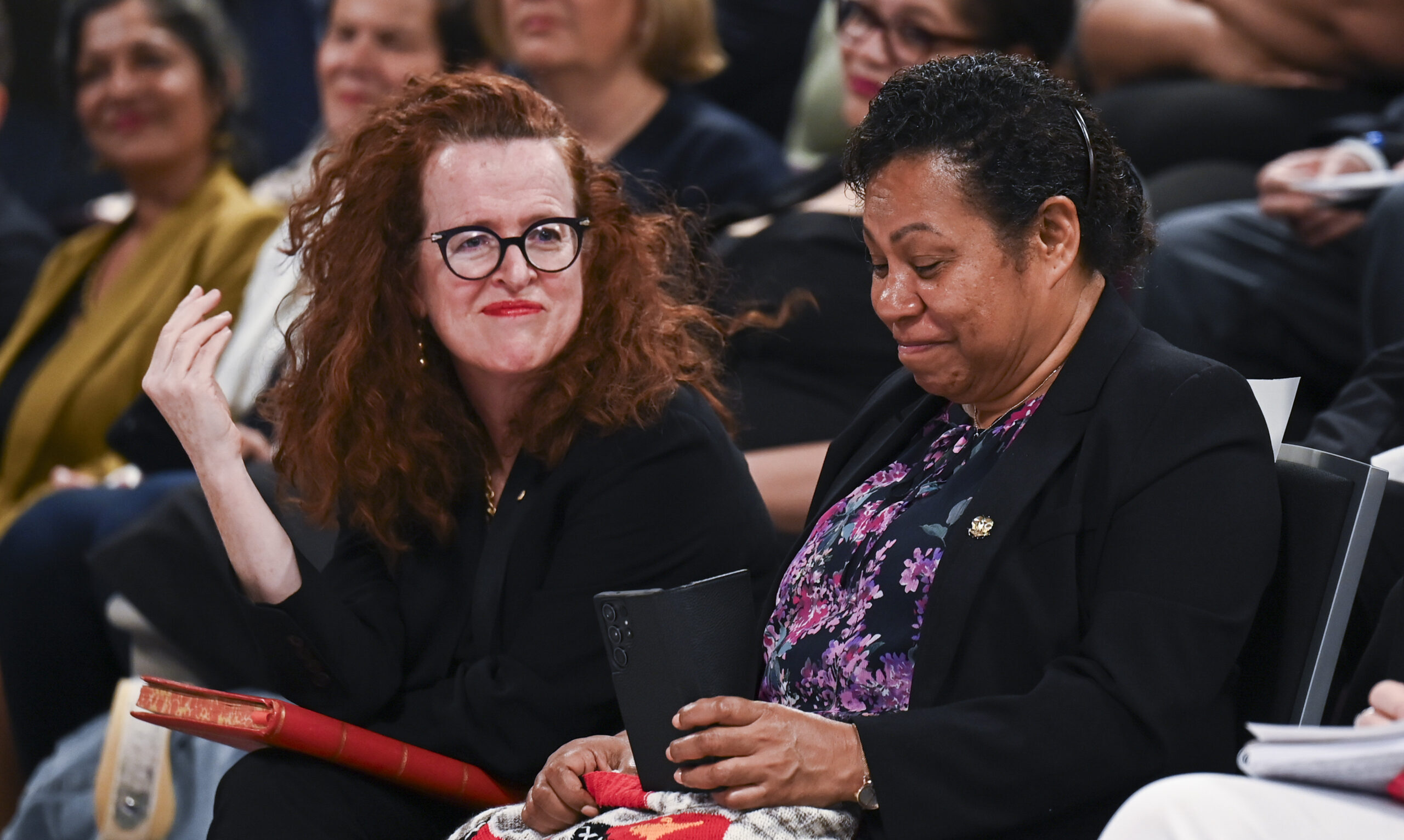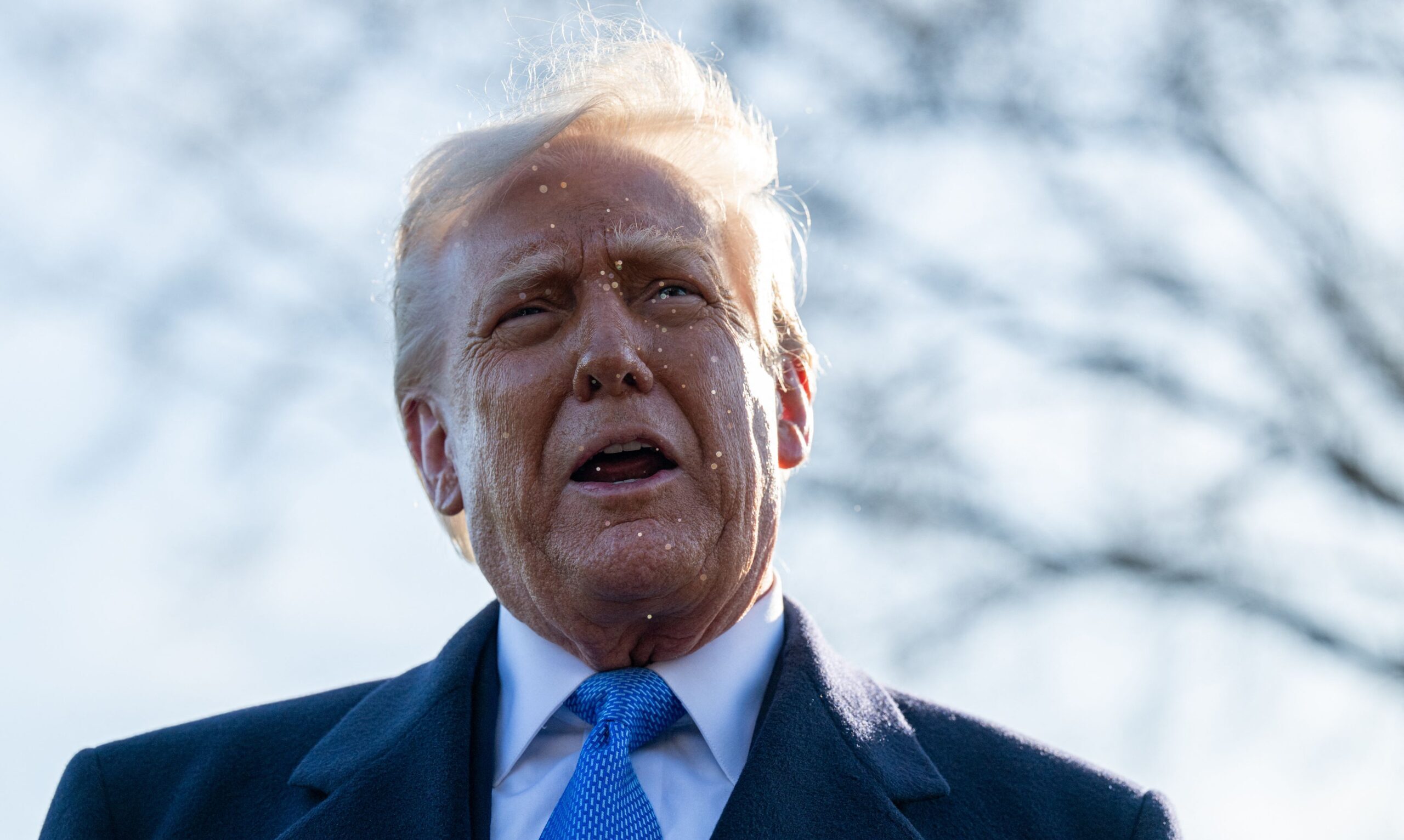NewsTop Stories
‘Diabolical’ and ‘systemic’: Australia’s top-ranked university caught up in wage scandal

Australia’s top-ranked university is repaying more than 1,500 academics in an underpayment scandal involving four faculties.
Please login below to view content or subscribe now.






This is a very worrying story, on a number of levels, and I believe it raises fundamental concerns about governance in the Higher Education Sector.
First, it is distressing that the lowest-paid and most insecure people working at a university should be exploited like this. We all know how it works – a young person on a contract is told not to complain and just get on with the job – it’s possible there might be a permanent position coming up soon – but not if you’re a trouble-maker.
Second, this story broke on the same day that the Institution in question decided to sack 450 Academics and Support Staff. Yet these are the very people who earn the income for the Institution. I believe there was no mention of the number of Senior Executives who would also be discontinued, many of whom will be on salaries far in excess of what a Professor is paid. Universities are not private companies, and the salaries of their Academics, Support Staff and Executives are provided by the Taxpayer. Surely, then, in a time of financial hardship and mass sackings, there is at least a moral obligation to provide full disclosure on how many Senior Executives a Public Institution has, what their roles and salaries are, and how many it is necessary to retain in a time of crisis.
Thirdly, once it is revealed that a Public Institution has engaged in wage theft, is it acceptable for the Institution just to say sorry, pay back the money it stole, but then carry on business-as-usual – or is some more permanent and transparent structural change required? This is brought into particularly exquisitely stark focus, when all this is occurring in a time of mass dismissals of staff.
These are serious matters, which go right to the heart of our trust in Public Institutions and the transparency of their – publicly funded – operations. Surely it is now no longer appropriate simply to wait until the noise dies down, and then carry on with more of the same. A Royal Commission into these matters would not be out of place. Critics might say that a pandemic is not the time to engage in this – but if not now, then when?